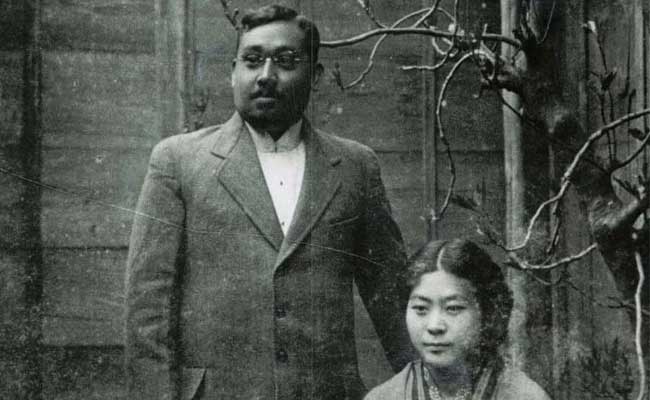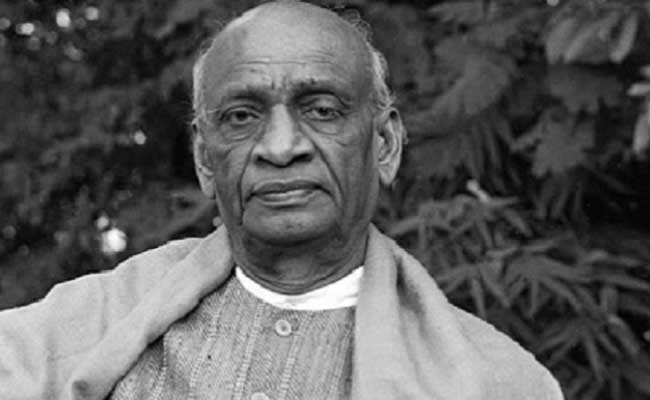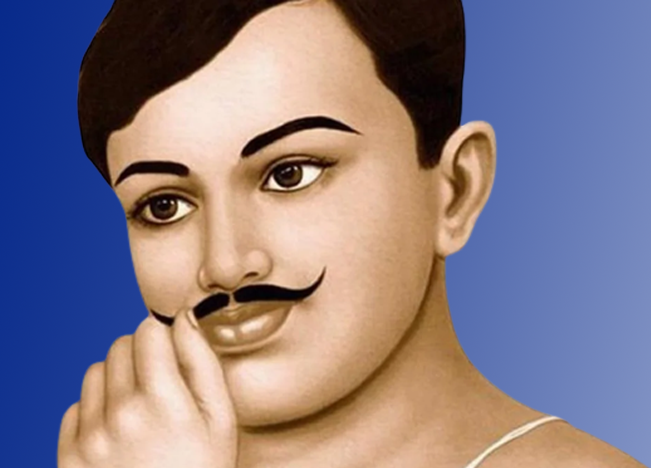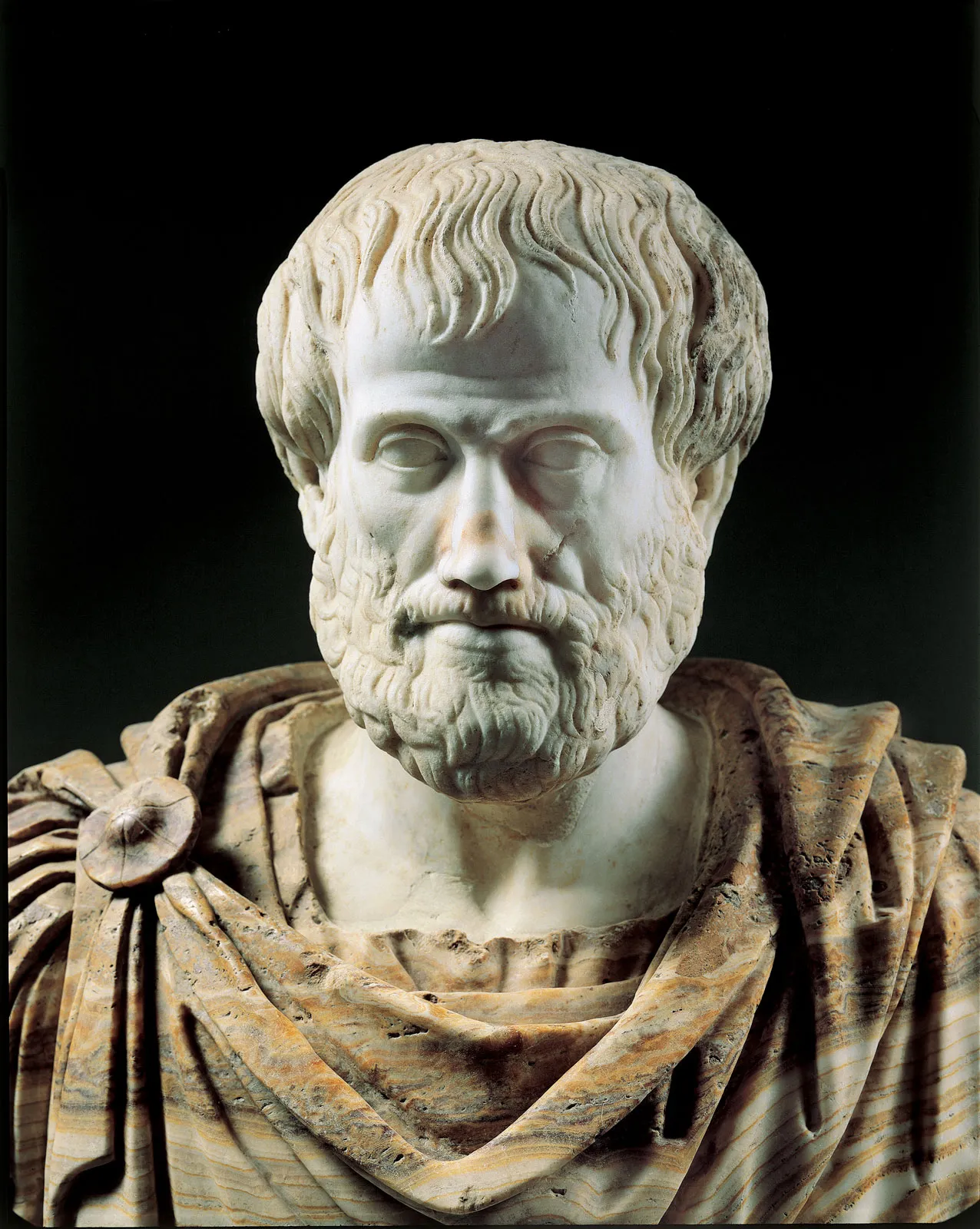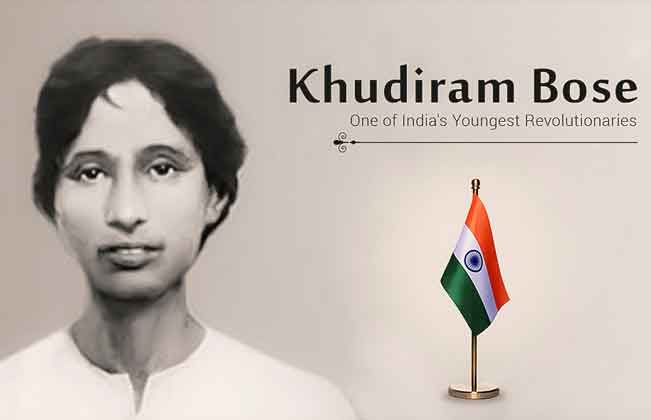Rash Behari Bose: The Unsung Hero of Indian Freedom Struggle
Rash Behari Bose, a name not very well-known among the younger generations of India, but a person who played a significant role in India’s freedom struggle. He was a revolutionary, an intellectual, and a visionary who dedicated his life to the cause of India’s independence from British rule. Despite his enormous contributions, he remains relatively unknown and unrecognized in Indian history. In this article, we will delve into the life and contributions of Rash Behari Bose and understand why he deserves a place of honor in India’s freedom struggle.
Early Life and Education
Rash Behari Bose was born on May 25, 1886, in a small village called Subaldaha, located in the Burdwan district of present-day West Bengal. His father, Vinod Behari Bose, was a lawyer, and his mother, Hemlata Devi, was a homemaker. Rash Behari Bose was the fifth child among his siblings, and he grew up in a family that valued education and intellectual pursuits.
Rash Behari Bose completed his schooling in Subaldaha and then went on to study at the Krishnagar Collegiate School. He was a bright student and excelled in his studies. After completing his school education, he joined the Presidency College in Kolkata and obtained a Bachelor’s degree in Science in 1908. However, his interest in the freedom struggle of India led him to join the Indian National Congress and become a part of the revolutionary movement.
Revolutionary Activities
Rash Behari Bose was a part of the Anushilan Samiti, a revolutionary organization that aimed to overthrow British rule in India. He became actively involved in the revolutionary movement and participated in various activities aimed at freeing India from British rule. In 1912, he was arrested by the British authorities for his involvement in revolutionary activities, and he spent several months in jail.
After his release from prison, Rash Behari Bose continued his revolutionary activities and became a prominent leader of the Indian independence movement. He played a critical role in the Ghadar Conspiracy of 1915, which aimed to overthrow British rule in India. He was also a part of the Hindustan Republican Association (HRA), which was formed in 1924 by revolutionaries such as Bhagat Singh, Chandrashekhar Azad, and Sukhdev Thapar.
Rash Behari Bose had a deep understanding of the Indian independence movement and its challenges. He realized that the movement needed a new direction and a new approach. He believed that the British could not be defeated through armed struggle alone and that the movement needed to focus on diplomatic and political channels as well. He, therefore, decided to move to Japan to seek help from the Japanese government in India’s freedom struggle.
Contribution to India’s Freedom Struggle from Japan
Rash Behari Bose moved to Japan in 1915 and started working with the Japanese government to support India’s freedom struggle. He believed that Japan’s support was crucial to the success of India’s independence movement. In Japan, he established the Indian Independence League (IIL), which aimed to garner support for India’s freedom struggle from the Japanese government and the Japanese people.
Rash Behari Bose’s efforts in Japan were significant in India’s freedom struggle. He formed alliances with Japanese political leaders and military officials and gained their support for India’s independence movement. He also established contacts with Indian revolutionaries living in exile in Japan, such as Lala Har Dayal and Virendranath Chattopadhyaya, and formed a united front to fight for India’s independence.
Rash Behari Bose played a pivotal role in the establishment of the Provisional Government of Free India in 1942.
![]()

